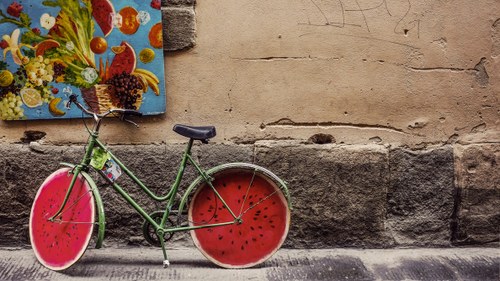AICS/MAE

The project aims at global citizenship education to contrast incorrect and discriminating representations of migration and cultural diversity. The initiative, led by the ACRA Foundation, is co-financed by the Italian Agency for Cooperation and Development (A.I.C.S) and implemented in partnership with ass. Amici di Sardegna ONLUS, Casba Social Cooperative Society, Progresso Advertising Foundation, ISMU Foundation, ass. Next Generation Italy, Oxfam Italia, coop. Con-Tatto project, ass. Neighborhood plots, Viaggi Solidali, Municipality of Milan, City of Turin and the International Research Center on Global Citizenship Education - University of Bologna.
The project "Our invisible cities. Meetings and new narratives of the world in the city" will involve ten cities (Bologna, Cagliari, Catania, Florence, Genoa, Milan, Naples, Pavia, Rome and Turin) for a total of nine regions (Campania, Emilia Romagna, Lazio, Liguria, Lombardy , Piedmont, Sardinia, Sicily and Tuscany), in which a broad partnership of civil society, research and communication actors will promote innovative and inclusive models of citizenship starting from the rediscovery of the multiple identities of "our" invisible cities.
The project is in continuity with a responsible tourism experience launched in 2010 by ACRA, OXFAM Italia and Viaggi Solidali, centered on the creation of intercultural walks conducted by foreign citizens residing in Turin and Milan. The idea of proposing tourist itineraries with a strong "multicultural" connotation to citizens and tourists, led by guides with a migratory background who associated the narration of the history and culture of the city to their personal experience, was then consolidated into an intervention aimed at promote the integration of foreign citizens thanks to the EU-funded project "Migrantour" (2014-15).
The leading role of migrants was the key to the success of the initiative, which involved 5 Italian cities (TO, MI, GE, FI, Rome) and 4 European cities (Marseille, Paris, Valencia, Lisbon), as well as numerous cities or realities interested in replicating the model (www.migrantour.org). "Our invisible cities" therefore aims to enhance the tool of intercultural walks to contribute to the elaboration of a new narrative on migrations based on the equal dignity of the "other" and on the enhancement of the contribution of the migration processes of yesterday and today to our society.